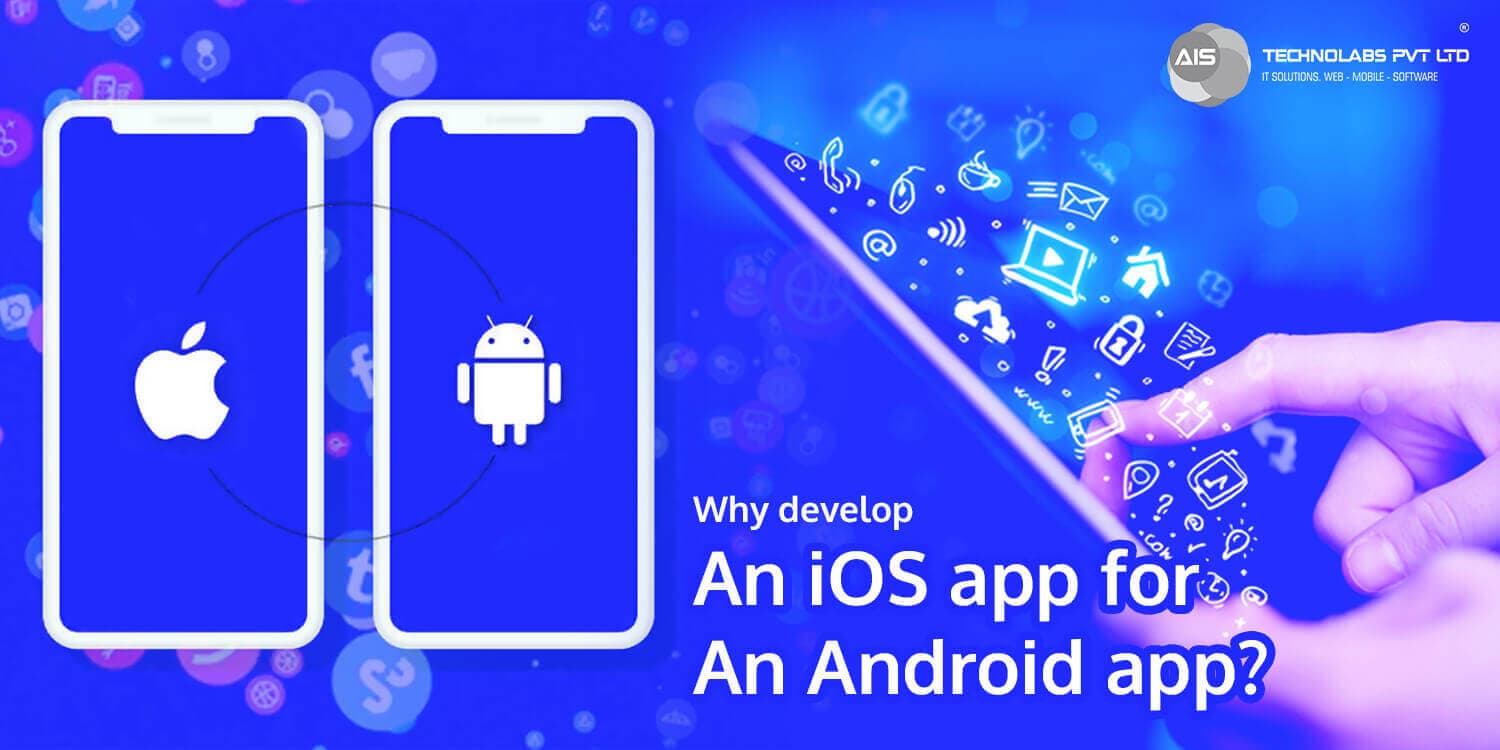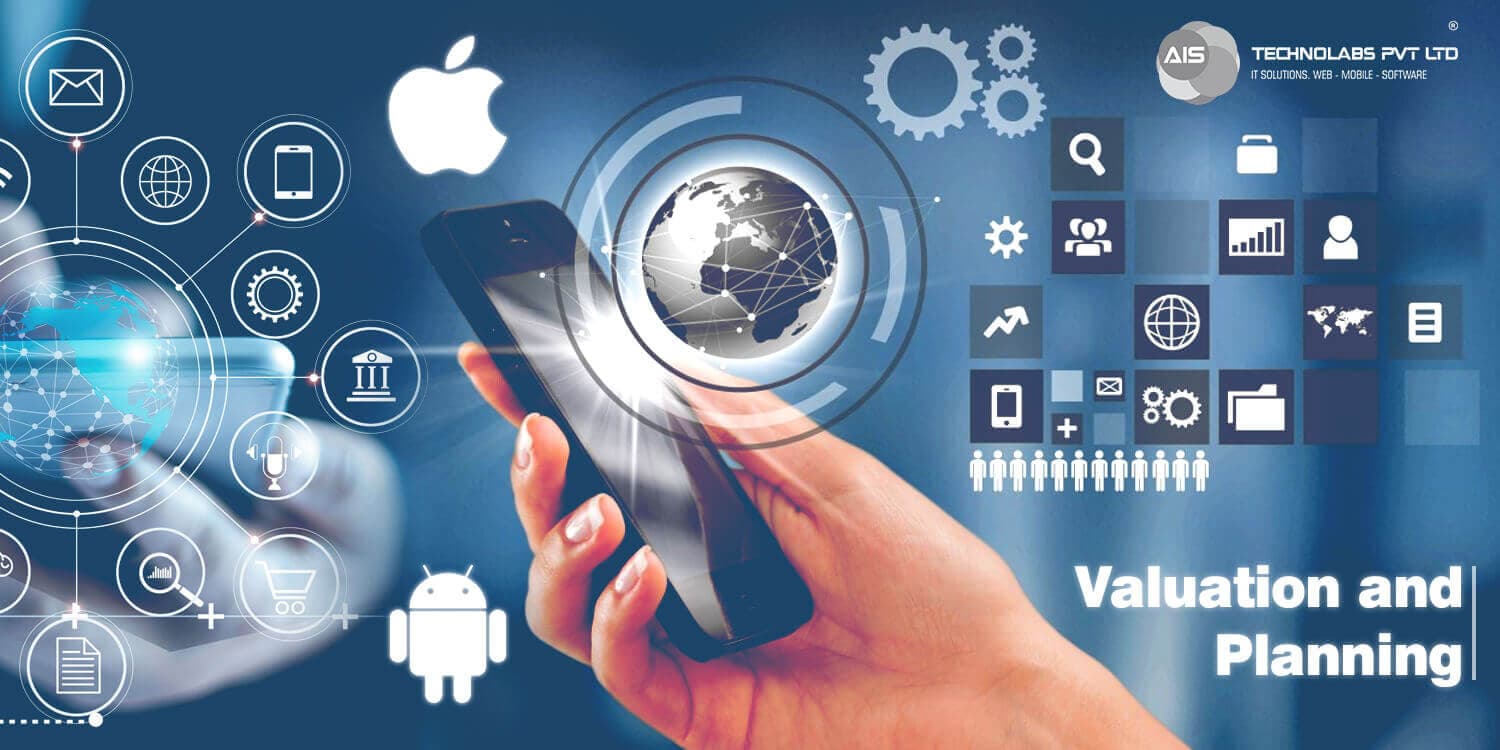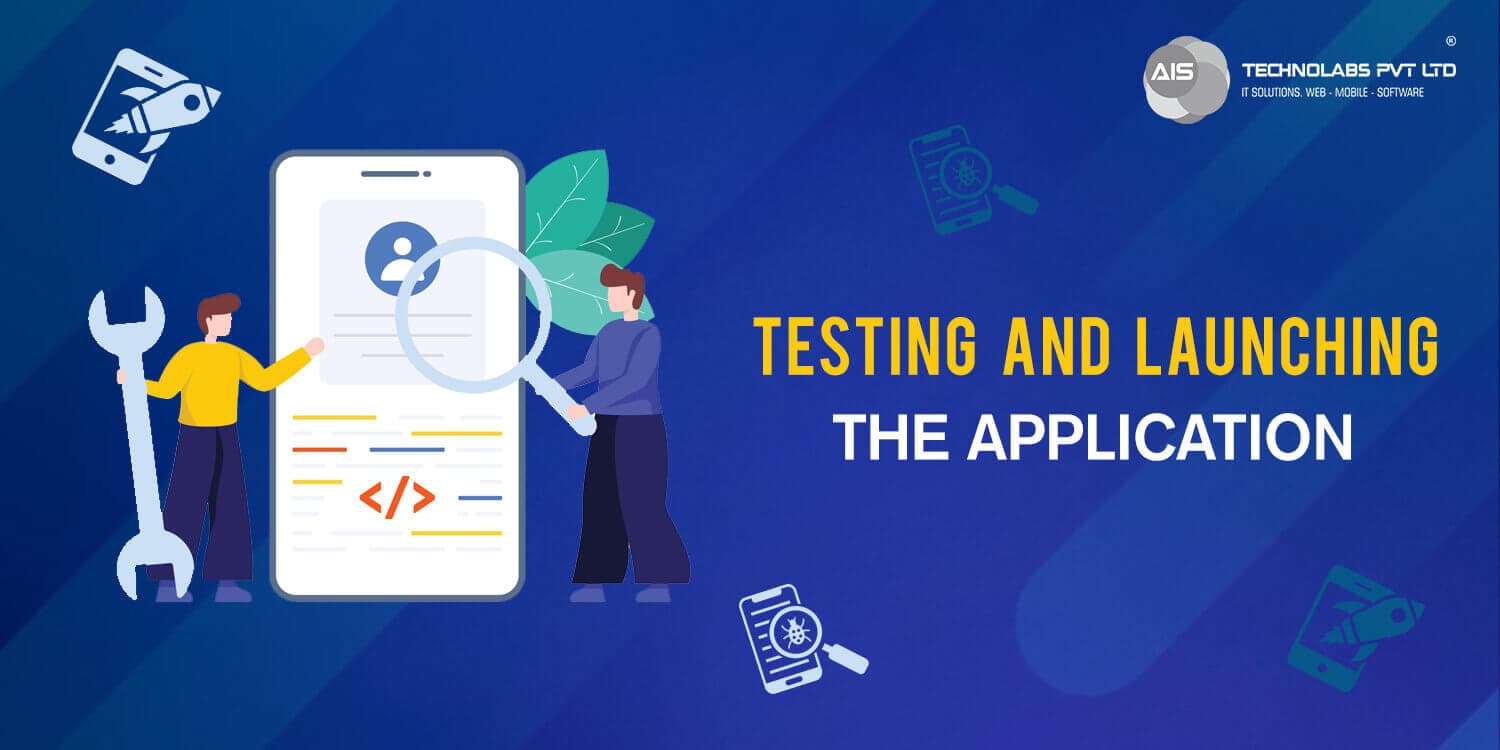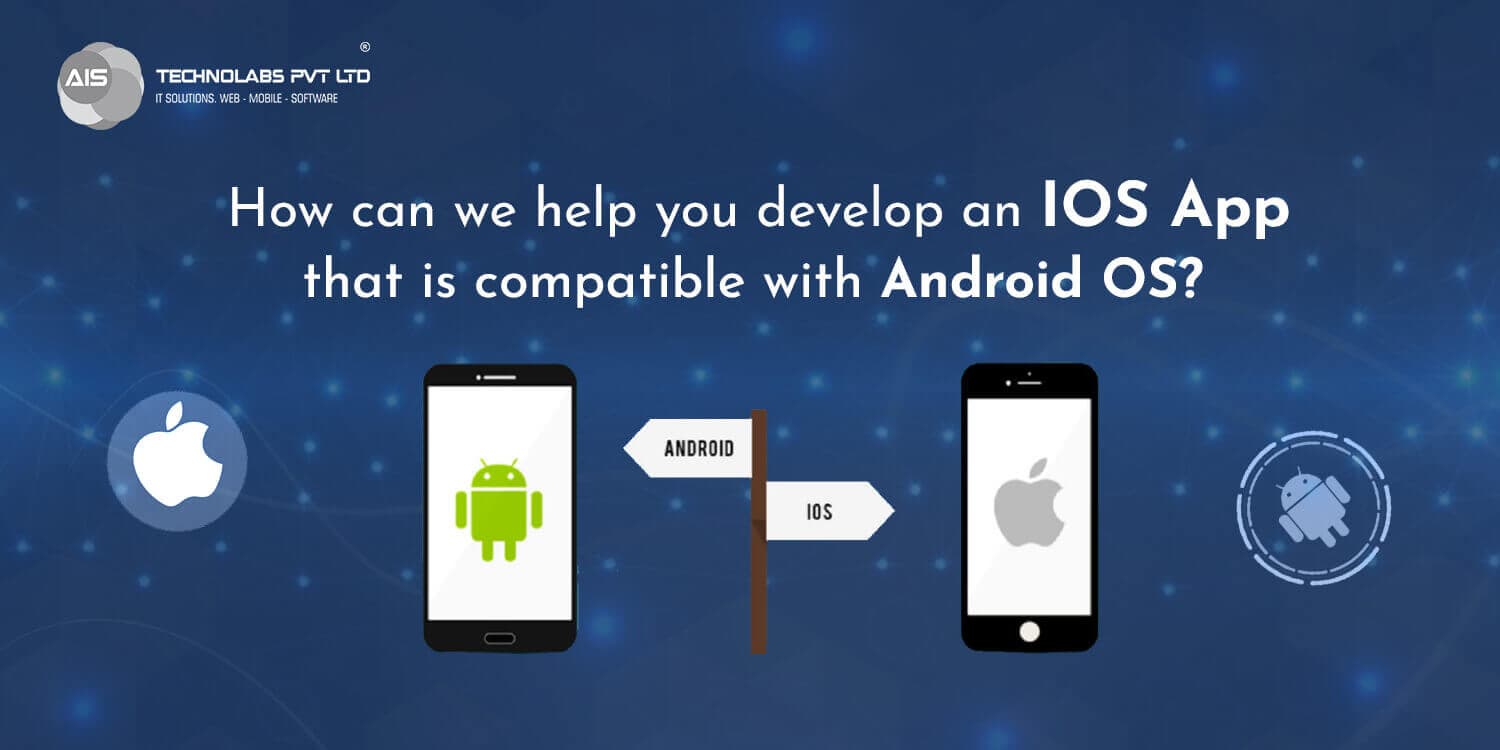Table of Content
(500 views)

Quick Summary
While the development of applications on different platforms can be an expensive and risky task, converting an application from an iOS app to an Android app is the way to go. But the conversion of the application for switching the platforms requires a strategic procedure that needs to be followed by the developers. This article discusses the advantages and needs of converting applications from platforms and the relevance of proper planning and testing before launching the application.
Introduction
When you build or develop any application, the decision of whether to develop it for iOS or Android is the primary question that you need to decide upon. But it can be a quite obvious question for the developers, and launching the application on both the platforms can be a wide decision, but the building of the application for both Android and iOS simultaneously can be quite expensive and risky.
This is why the developers generally start with building the application for one platform and then launch it on the other platform subsequently. Beginning your venture on a single platform is a decent approach to implement in time and money.
Generally, in the developed countries, users prefer using iPhones over Android devices. Thus, this stands as the major reason for businesses to develop applications primarily for the Ios audiences. Still, with the escalation in the number of Android users, the developers switch to the Android platform for the audiences.
Why develop an iOS app for an Android app?

Android users make up a large proportion of mobile users in the market, and when you develop an iOS app for an Android app, you can get a higher and wider reach, and this application can be sold to a larger audience base.
The decision of expanding your applications to other platforms is dependent on countable metrics such as factors like the use, need, active users, downloads, etc. The conversion of an iOS app for an Android app provides a plethora of advantages to the business owners, and some of these are:
- Conversion from one platform to others would increase the possibilities of increasing the market share when the active users increase.
- Furthermore, developing and converting doesn't merely involve the process of application coping; rather, it provides an opportunity for adding new features and functionality.
- There are also high chances of an increased ROI or Return on Investment since it provides a chance to apply for a new monetization app model. You'll gain access to millions of new users, ensuring a high and quick return on your investment.
- Lastly, with the conversion process, the entire discussion procedure can be decreased since the app already has the source code, materials, and designs. You can use the same basic design and structure when converting an iOS app to an Android app. This results in significant resource savings, both in terms of money and time.
- When you have applications on both marketplaces, you may benefit from monetizing both to make a lot of money. You can also charge the customers or the users for in-app purchases and any downloads to get more revenue.
Valuation and Planning

Proper valuation and planning are the basic steps towards converting an iOS app for an Android app. You can hire iPhone developers to convert, and they have significant expertise in the field. They can analyze all the materials available with the application that currently exists. Furthermore, with the planning, a proper examination and inspection of the functional specifications, source code, and the app design should be conducted since this ensures that the app's functionality and business logic are in sync. Some technological components may need to be replaced, such as push alerts, 3D touch, content changeover, etc.
When converting Android software to iOS, the first stage divides the project revision into business and technical categories. As a result, the most efficient method is to delegate the gap assessment to two specialists, such as a Business Analyst and a Software Architect. This evaluation enables the scope of work to be prepared to maximize the new app's development and performance. Furthermore, the initial step towards your planning should involve the market analysis, functional specification, review of code and designs, and other structures.
Testing and launching the app

The process of testing and launching the application is the last step of the entire process, yet it is one of the quintessential procedures that need to be followed. Converting an iOS app to Android entails quality assurance in addition to app coding and design. This solution typically consumes about 30% of the overall construction time.
Generally, the iOS app development company that you hire would run several tests to ensure the proper functioning of the applications on the Android platforms or vice versa after conversion. Some of these possible tests that are conducted are: functional and control testing, security and access assessment, loading, and performance test, usability and user acceptance test, and validation test.
The number of tests you'll need to conduct is entirely dependent on how many Android devices you want to support. As a result, the more enabling devices you have, the more tests you'll have to execute. You should work on any potential bugs and connectivity concerns. The iOS app development company that you hire can perform load testing, beta testing, user experience, validation, and other tests on their mobile apps. After the process of testing, you can submit your application on Google Play Store. When compared to the Apple Store's eligibility criteria, this is a lot easier. Google is less censorious, allowing any app of any quality to be released.
How can we help you develop an iOS app that is compatible with Android OS?

AIS Technolabs is one of the leading iOS app development companies that can help you develop an iOS app compatible with Android OS. We have system integration platforms to make enterprise apps, app portability, and system integration easy and quick. Our experienced professional auditors will thoroughly examine your swift iOS app to determine its features and workflow. The investigation will focus on various parts of the swift iOS application. Furthermore, optimization is the key to successful software porting or development. Our developers look at methods to make the app more user-friendly for iOS and Android. An app's performance can be improved in terms of mobile data usage, battery life, load time, app size, and other factors. Our developers will also examine the back-end technologies utilized to ensure that the porting of iOS software to Android goes well. We have a large client base spread across the world, and our services ensure trust and reliability restored upon us by the clients
Conclusion
There are numerous distinctions between Android and iOS applications, and so, when you convert an iOS app to an Android app to promote to both iPhone and Android customers, you need to keep a note on the operating systems of both platforms. Developing a native Android or iOS mobile app necessitates specific specifications such as programming languages, interface design, navigation, and others. The entire process is time-consuming and would require careful planning and implementation. To produce a nearly identical solution to the prior iteration, you'll need a structured and systematic method. Lastly, to achieve the functionality, performance, popularity, and accessibility for your conversion of an iOS app to an Android app, you need to contact an iOS app development service or any iOS app development company.
Harry Walsh
Harry Walsh, a dynamic technical innovator with four years of experience, thrives on pushing the boundaries of technology. His passion for innovation drives him to explore new avenues and create pioneering solutions that address complex technical problems with ingenuity and efficiency. Driven by a love for tackling problems and thinking creatively, he always looks for new and innovative answers to challenges.
